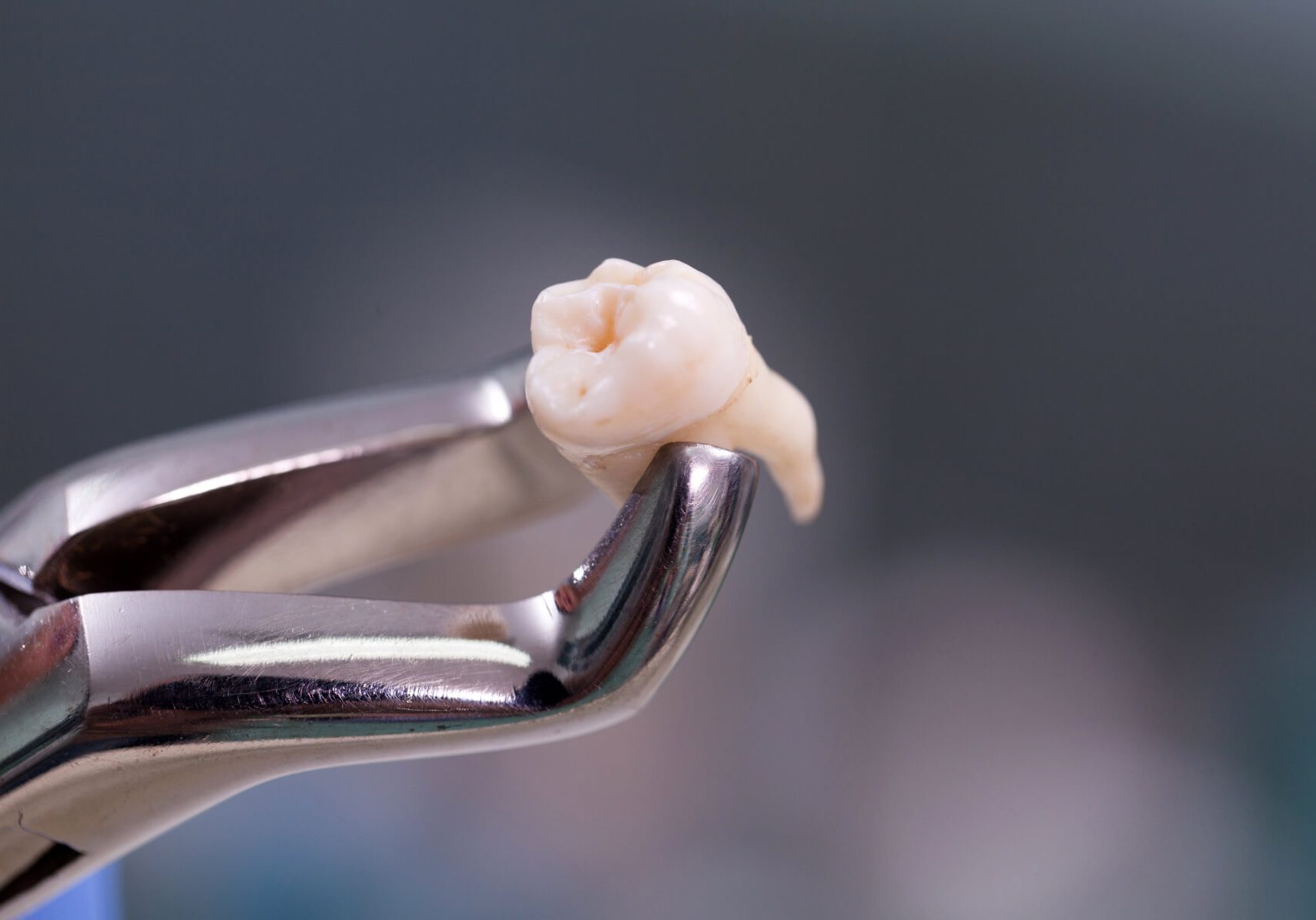Why Remove Wisdom Teeth?
Understanding what your wisdom teeth are and how they can impact your oral health is key to understanding why wisdom teeth removal can be a necessary procedure. When referring to wisdom teeth, we are referring to your third molars which can be found in the very back of your mouth.
Since most of your adult teeth have already established their place when your wisdom teeth begin to grow, there is often an issue with there being room for those extra molars. With a lack of room for your wisdom teeth to grow, they can have issues growing in correctly. These issues can include them growing sideways or only partly emerging, or even not being able to emerge at all. When this occurs, they get impacted and can cause major issues to your oral health.
Types of Impactions
When your wisdom teeth have nowhere to go and become impacted, this can cause issues to your oral health. Our skilled dental professionals will identify the type of impactions you have for each wisdom tooth and will perform the least invasive procedure to get your wisdom teeth removed. For reference, below are the types of impactions when it comes to wisdom teeth.
- Mesial (or mesio-angular) - The most common type of impaction where your tooth is angled towards the front of your mouth.
- Distal (or disto-angular) - Opposite of the mesial impaction, this impaction occurs when the tooth is growing towards the back of your mouth.
- Vertical - As its name suggests, this type of impaction includes teeth that are growing in an almost normal vertical direction but are unable to penetrate the gum line.
- Transverse (or horizontal) - This type of impaction occurs when your tooth is lying completely on its side.
- Soft tissue - A soft tissue impaction means that the head of the wisdom tooth was able to break through the bone of your jaw but not the gum tissue.
- Bony (or hard tissue) - A bony impaction occurs when the wisdom tooth is unable to completely emerge through the jawbone. The two types include a full-bony impaction where it is almost completely encased in the jawbone, or a partial-bony impaction where it was slightly able to penetrate through the jawbone.
Should I Wait?
There are mixed views among professionals on when is the right time to go ahead and have your wisdom teeth removed. Some dental professionals suggest that the best time to have your wisdom teeth removed is in your early twenties when they usually first begin to emerge. Other dental professionals will suggest that you wait and see if they become a problem before you have them removed, especially if you are over the age of 30. When it comes to dental procedures, it's almost always better to take preventative measures rather than wait for the issue to become worse. This is especially true when it comes to wisdom teeth. The longer you put off your wisdom teeth removal, the more time you are allowing your jawbone and teeth to set in and harden. This results in a more difficult and painful procedure.
With a more difficult and painful procedure comes a more difficult and painful recovery process. You can experience more postoperative side effects such as a longer recovery time, heavy bleeding, and sinus issues. So if you are unsure as to when you should get your wisdom teeth removed, consult a dental specialist.
At Texas Wisdom Teeth Center, we know the value of preventative measures and will work with you to provide you with a treatment plan that is specific to your situation. We’ll help you make an informed choice when it comes to your wisdom teeth procedure so you can experience the best results.

Anesthesia and Sedation
Learn more about the anesthesia process and what you can expect during and after your procedure.
Contact Us For More Information
Have a question? Ready to schedule an appointment? Use the form below or give us a call!



